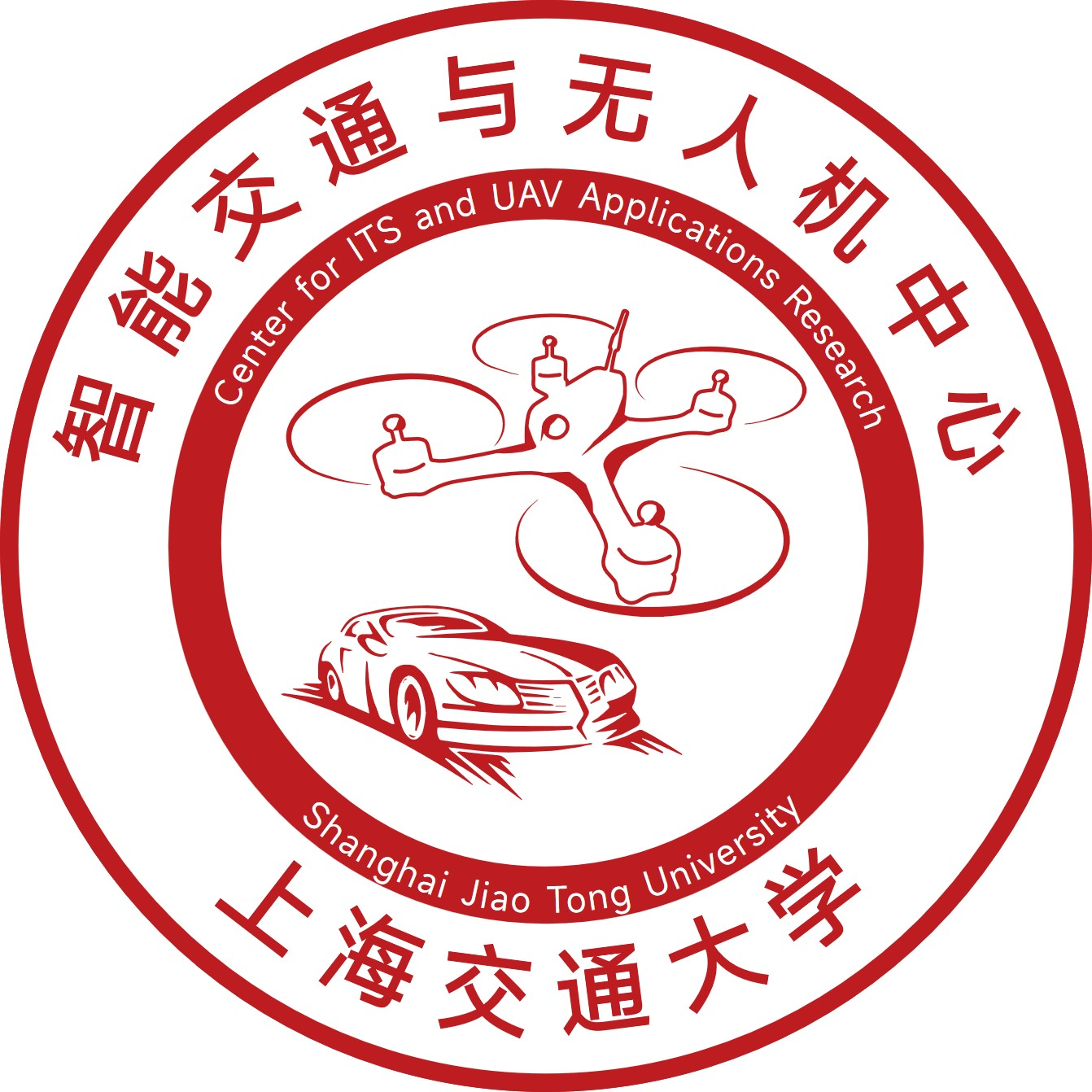[1]. Research on the collaborative optimization of fuel consumption and battery energy consumption for hybrid vehicles in the intelligent connected environment, sponsored by the National Natural Science Foundation of China, PI, 2025-2028.
[2]. Evaluation and early warning of electric vehicle battery status based on general pre-trained algorithms, sponsored by the Shanghai New Energy Vehicle Public Data Collection and Monitoring Research Center, PI, 2024-2025.
[3]. Dispersion mechanics of traffic-related air pollution in street canyon with viaduct based on the vertical monitoring of unmanned aerial vehicles, sponsored by National Natural Science Foundation of China, PI, 2021-2024.
[4]. Research on the construction of the full industrial chain ecosystem for China's cruise industry, sponsored by the Shanghai Municipal People's Government (Decision-Making Consultation Program), PI, 2023-2024.
[5]. Research on the data infrastructure development path for the new energy vehicle service industry in Shanghai, sponsored by the 2023 "Science and Technology Innovation Action Plan" Soft Science Research Program of Shanghai, PI, 2023-2024.
[6]. Investigation of hybrid-diesel electrical technology for the carbon dioxide peaking and carbon neutrality in Shanghai. sponsored by Shanghai Municipal People's Government (Key Program on Decision-making Consultation), PI, 2021-2022.
[7]. Spatiotemporal distributions of traffic-related carbon emissions in near-road neighborhoods, a collaborative project between Shanghai Jiao Tong University and Cornell University, PI, 2022-2023.
[8]. Assessment of mobility as a service (MaaS) in sustainable development, a collaborative project between Shanghai Jiao Tong University and Osaka University, PI, 2019-2020.
[9]. Dynamics dispersion and control of traffic-generated ultrafine particles in traffic congestion area, sponsored by National Natural Science Foundation of China, PI, 2017-2020.
[10]. Dynamic modeling and optimization of urban road intersection traffic flow based on particulate matter reduction, sponsored by the National Natural Science Foundation of China (Youth Program), PI, 2014-2016.
[11]. Dynamic optimization of urban vehicle flows and control of inhalable particulate matter pollution in Shanghai, sponsored by the Pujiang Talent Program of Shanghai, PI, 2012-2014.
[12].Study of particulate matter form port emission and its influence on surrounding area, sponsored by Science & Technology Commission of Shanghai, PI, 2014-2016.
[13]. Atmospheric vertical structure detection technology based on UAVs and large-load aerostats, a subproject of the National Key R&D Program of China, Co-PI, 2016-2020.
[14]. Evaluation of the impact of urban transportation policies and infrastructure on atmospheric environment, sponsored by the Major Program of the National Social Science Foundation of China, Co-PI, 2016-2020.
[15]. Integrated decision-making and big data applications for intelligent environmental protection in Shanghai, sponsored by the Shanghai Environmental Protection Bureau, Co-PI, 2018-2019.
[16].Dynamic calculation of ship exhaust emissions and energy consumption based on real-time AIS data, sponsored by Ministry of Transport of the PRC, Co-PI, 2014-2016.
[17]. Port Comprehensive Development Index, sponsored by the Shanghai Transportation and Port Administration Bureau, Co-PI, 2012.


Container trucks are a major contributor to transportation-related carbon emissions in port cities. Quantifying the carbon emission intensity of container trucks and establishing emission factors are fundamental to accurately evaluating the carbon emissions of port logistics systems. These efforts are also critical for achieving carbon peaking and neutrality goals within the urban transportation sector.
In recent years, the Center for ITS and UAV Applications Research at Shanghai Jiao Tong University has conducted extensive on-road carbon emission monitoring of container trucks in Shanghai using a Portable Emissions Measurement System (PEMS). This work has resulted in the accumulation of a substantial dataset of raw emissions data. Based on these empirical observations, the research team has developed a carbon emission model for container trucks operating under real-world conditions and created a container truck carbon emission calculator.

Note: This result is derived from empirical data fitting and is provided solely for reference. The website assumes no legal liability. For further information, please contact the research team.
Copyright © 2018 All Rights Reserved.
